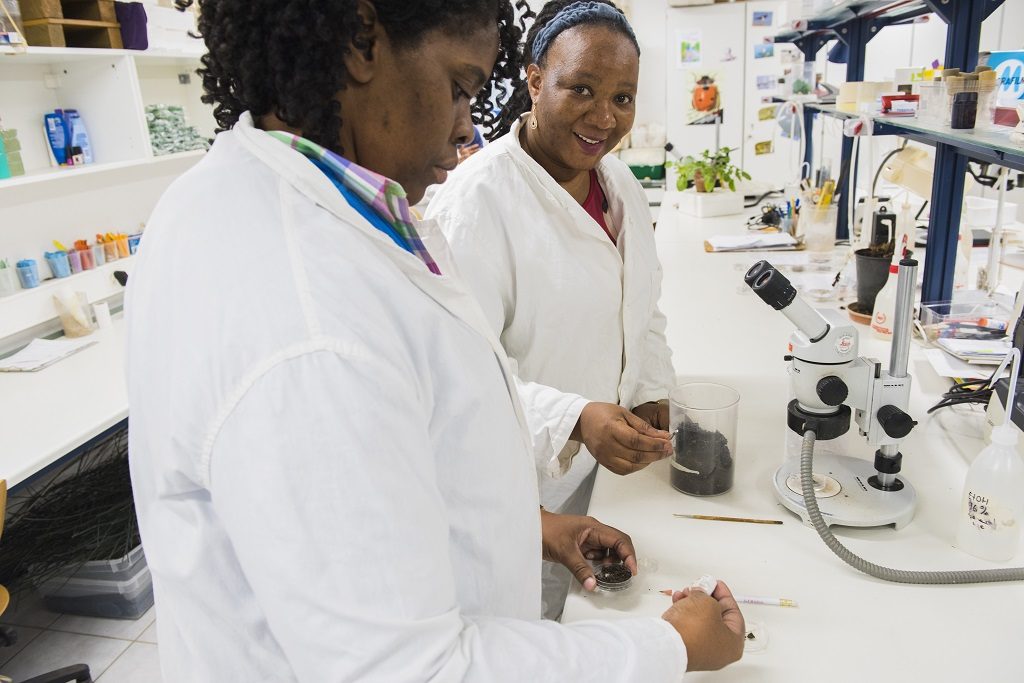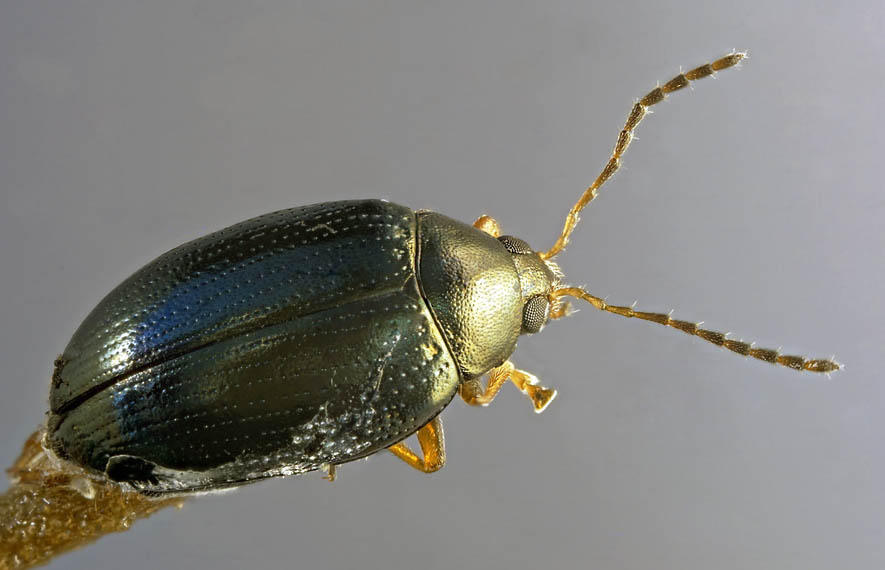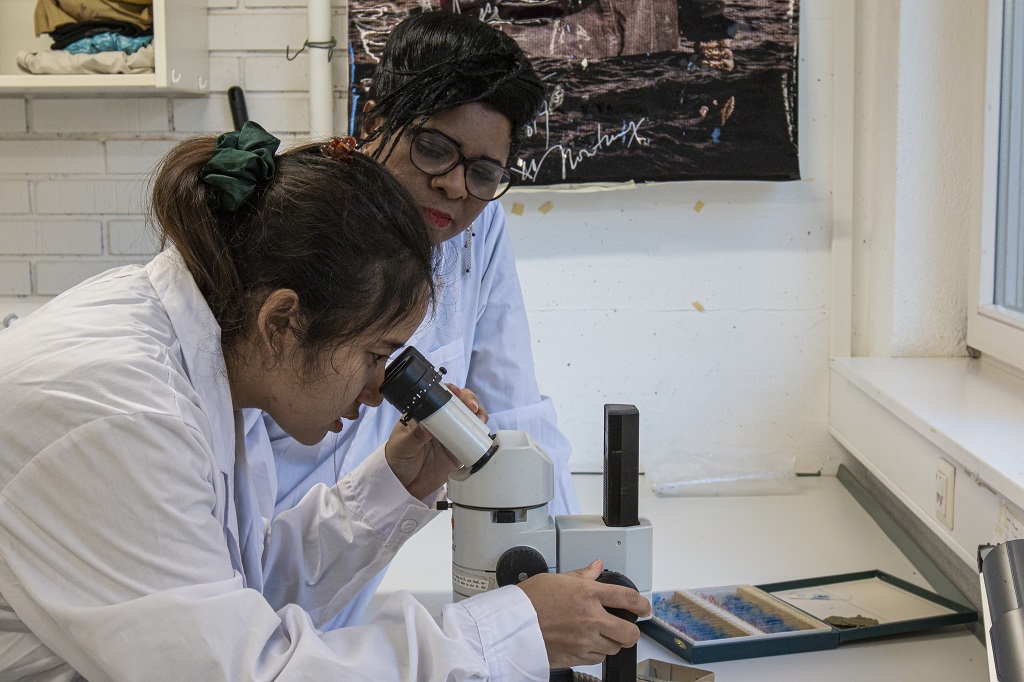Meet the ‘sorcerer’ and her ‘apprentice’ – just two of CABI’s trailblazing female scientists
To mark the UN’s International Day of Women and Girls in Science we take a look at how two generations of female scientists are coming together to tackle non-native invasive weeds and help reduce environmental degradation Meet the ‘sorcerer’ and her ‘apprentice’ Dr Carol Ellison, a plant pathologist at CABI, and Project Scientist and PhD…
“The future for women (in science) is ours to conquer”
To mark the forthcoming UN International Day of Women and Girls in Science (11 February 2019), we speak to some of CABI’s women working in science. In this blog Catherine Mloza Banda, a Development Communications Specialist – Invasive Species Management, reveals the motivation and inspiration behind her career in science communications and says ‘the future for women (in science)…
“I was and still am motivated by discoveries and surprises that come with science”
To mark the forthcoming UN International Day of Women and Girls in Science (11 February 2019), we speak to some of CABI’s women working in science. In this blog Lucy Karanja, a Content Manager, reveals the motivation and inspiration behind her career in science communications and says ‘women are all round scientists naturally’. What motivated…
Can a ‘diet’ of digital data really help feed the world?
Last week (29 January 2019) CABI was awarded a $1.49 million grant from the Gates Foundation to work with them to help increase food security in India and Ethiopia through better access to data on soil health, agronomy and fertilizers. In this blog Communications Manager Wayne Coles looks at whether or not the use of…
The demise of banana has been greatly exaggerated, but…
By David R Jones The demise of the banana has been in the news regularly since a 2003 article in The New Scientist suggested that the crop may be extinct within 10 years. However, recent data indicate that between 2000 and 2017, global production of bananas grew at a compound annual rate of 3.2%, reaching…
Cabbage stem flea beetle and aphids are the curse of every farmer, but CABI and CHAP may have a solution
By 2050 there could be as many as 10 billion mouths to feed across the world. This is now a much-repeated fact, as is the growing demand for sustainable produce with reduced chemical inputs and environmental impact. In short, there is a need to produce more and more food, with fewer and fewer inputs…
What’s it like doing a PhD with CABI?
In this Q&A article we hear from three PhD students who have collectively spent over 11 years studying at the CABI Switzerland centre in Delémont working with scientists there to improve the monitoring and management of invasive species in Europe and Africa. Find out from Judith Stahl, Benno Augustinus and Theo Linders about what they…
CABI and IFDC join forces to get soybean film out to farmers in Northern Ghana
By Duncan Sones – from an article which originally appeared on the Africa Soil Health Consortium (ASHC) website Farmers in Northern Ghana are reaping the benefit of village-based film screenings to inform them about agricultural practices. Film screenings are growing in popularity amongst farmers and extension projects, as the technique for sharing information. This is…
Is parthenium weed allergy problem worse than that of annual ragweed?
By Asad Shabbir Parthenium weed and annual ragweed are closely related members of the Asteraceae, known for their high allergenicity. The detrimental effects on human health of the more temperate annual ragweed are very well known. However, those of the more tropical parthenium weed are less well known and in fact much more severe, affecting…
Giving garlic mustard the biocontrol treatment
In eastern North America a species of weed has become an aggressive invader. Garlic mustard (Alliaria petiolata) is one of the most rapidly increasing woodland invasive plant species, spreading across northeastern and midwestern USA and southeastern Canada at a rate of nearly 2,500 square miles per year. The plant was most likely introduced to North…






